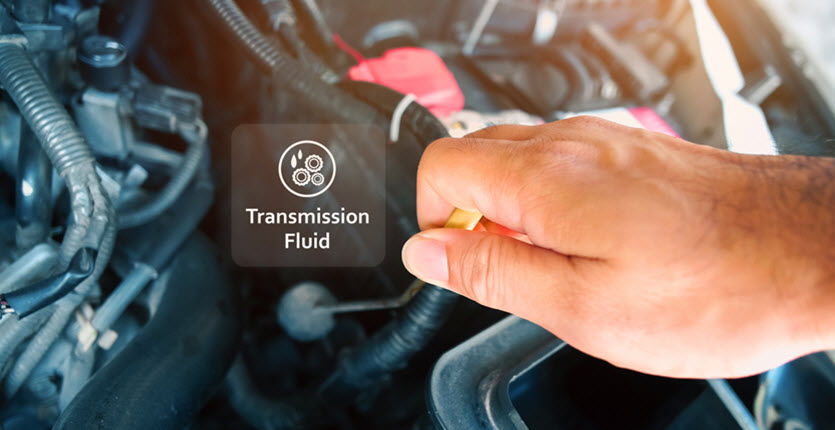For any car owner, it is important to stay on top of routine maintenance tasks in order to avoid costly repairs down the road. One task that should not be overlooked is regularly checking the ground beneath your car for transmission fluid leaks.
Transmission fluid helps keep the gears of your vehicle running smoothly and enables smooth shifts between gears. If your vehicle develops a transmission cooler line leak, it may take longer for you to get up to speed and can cause difficulty when changing gears. This line pulls transmission fluid out and circulates it through the system, passing by the radiator to cool it down. So if the line has a leak or is clogged, there will be problems! Taking a few simple steps now will save you time and money in the long run.
Listen for Strange Noises
If your transmission is making grinding or whining noises, it could be a sign of trouble. Any car owner knows, approaching a problem before it becomes too serious can help save a lot of time, money and hassle in the long run.
When things are running smoothly, there shouldn’t be any sounds coming from the transmission, no grinding or whining noises that might signal an issue. If a strange sound does become apparent, it is important to have the situation assessed by a qualified professional as soon as possible.
This will identify any faults more accurately and inform you of what needs to be done next. By paying attention to any unusual noises and having them looked at right away, you will be doing your car a huge favor! It may seem like an inconvenience now but could help prevent much larger problems down the line.
Check the Transmission Fluid Level
Checking your vehicle’s transmission fluid level is one of the basic practices of preventive maintenance. If the fluid level is low, it could be a sign that there is a slow leak in the transmission cooler line. Over time, this leak can increase and lead to further damage, so catching it early can save you from more costly repairs down the road.
If you suspect a problem in the transmission system, bring your vehicle to our experienced mechanics, who will identify the source and address any underlying issues before they become more serious or costly problems. The sooner you address the issue, the better chance you have of avoiding major repairs or damage to other components of your car’s transmission system.
Take note of any changes in performance
If your Mini is having trouble shifting gears or accelerating, it may be due to a problem with the transmission cooler lines. Keeping an eye on any changes in a car’s performance can help drivers detect minor issues before they become bigger problems.
Mini owners should also pay special attention to the vehicle’s temperature gauge and note if it is higher than normal. This suggests that the transmission system is being overworked, possibly due to a problem with its cooling system.
If a driver notices that their car is having shifts that are slow or hesitant when changing gears, it could also indicate trouble with the transmission cooler lines and associated systems.

MotorHaus will Repair your Transmission Cooler Line
Regular visits to our certified, trusted mechanics can help Mini drivers quickly identify any issues and determine if servicing is needed on these components. In addition, regularly checking levels of fluids such as brake and transmission fluid can play an important role in maintaining optimal performance and prolonging the lifetime of a vehicle. Taking note of any small changes in performance can therefore help drivers prevent major problems from occurring and keep their cars running smoothly for years to come.
If you notice any of the above warning signs or symptoms of a transmission cooler line failure, it’s important to have your transmission checked by our professionals as soon as possible. Waiting too long could lead to more serious problems and expensive repairs. If you have any other questions about transmissions or transmission cooler lines, give us a call today or visit us in nearby West Palm Beach, FL!
* Mini Cooper Countryman image credit goes to: bruev.

 5.0 Rating on
5.0 Rating on 




